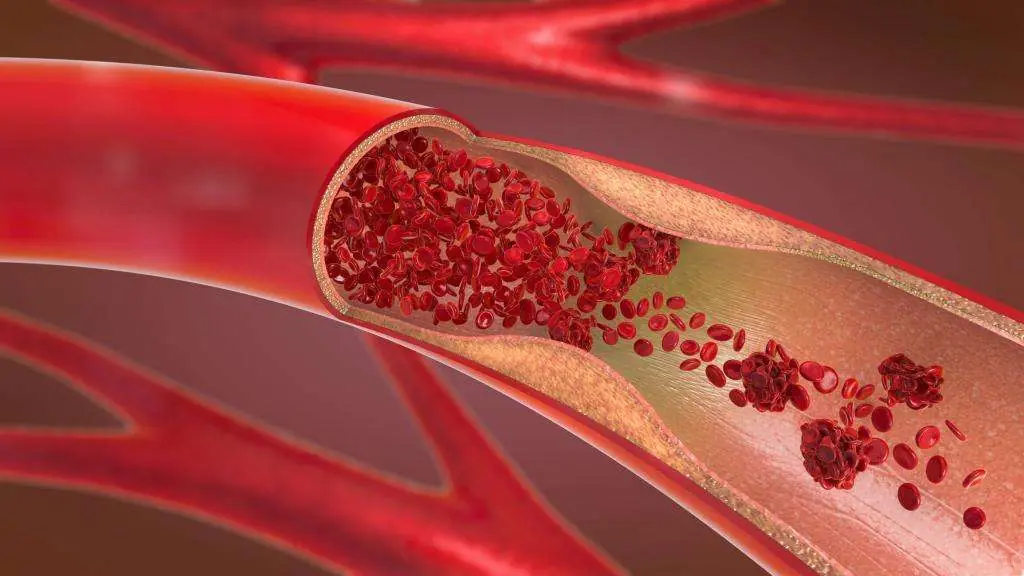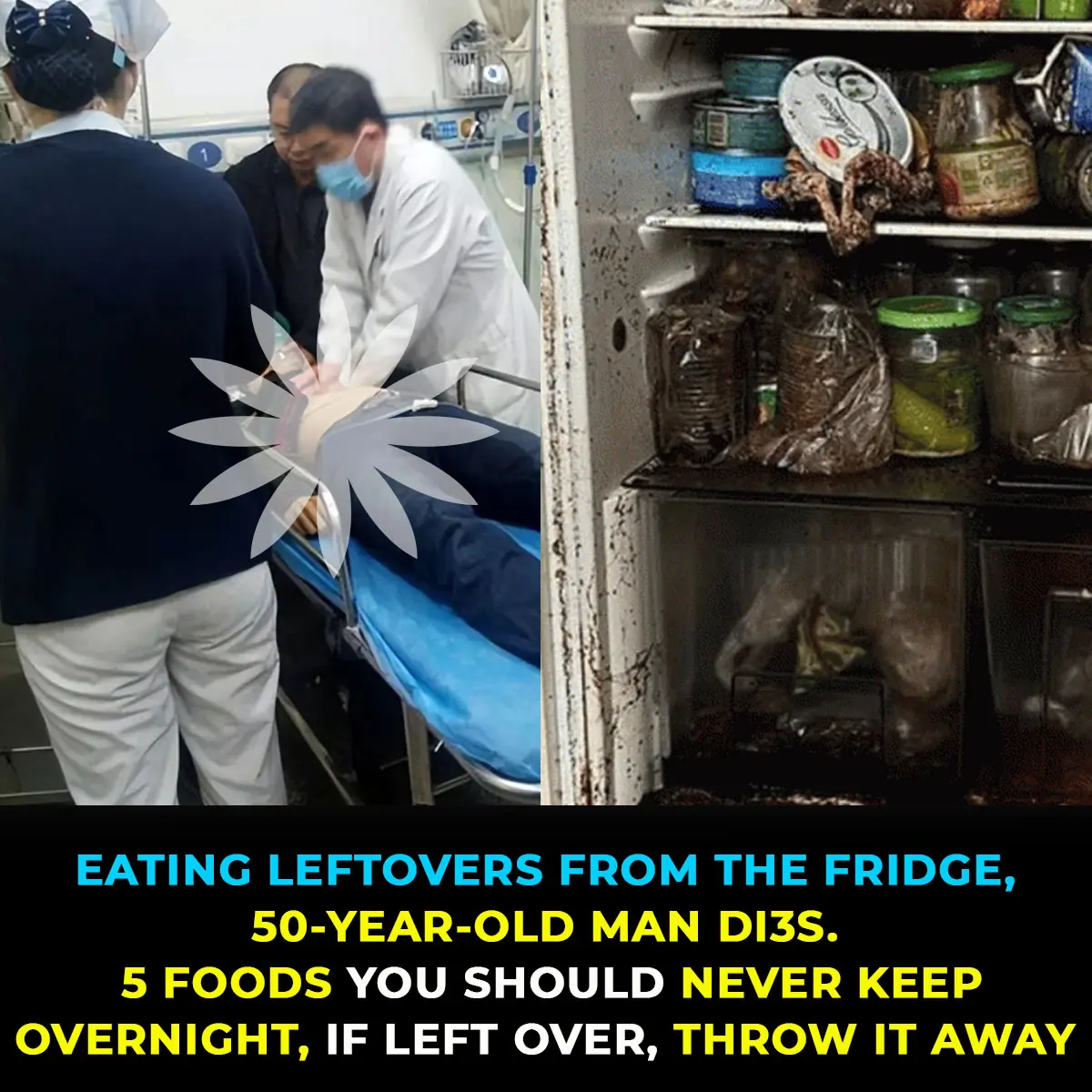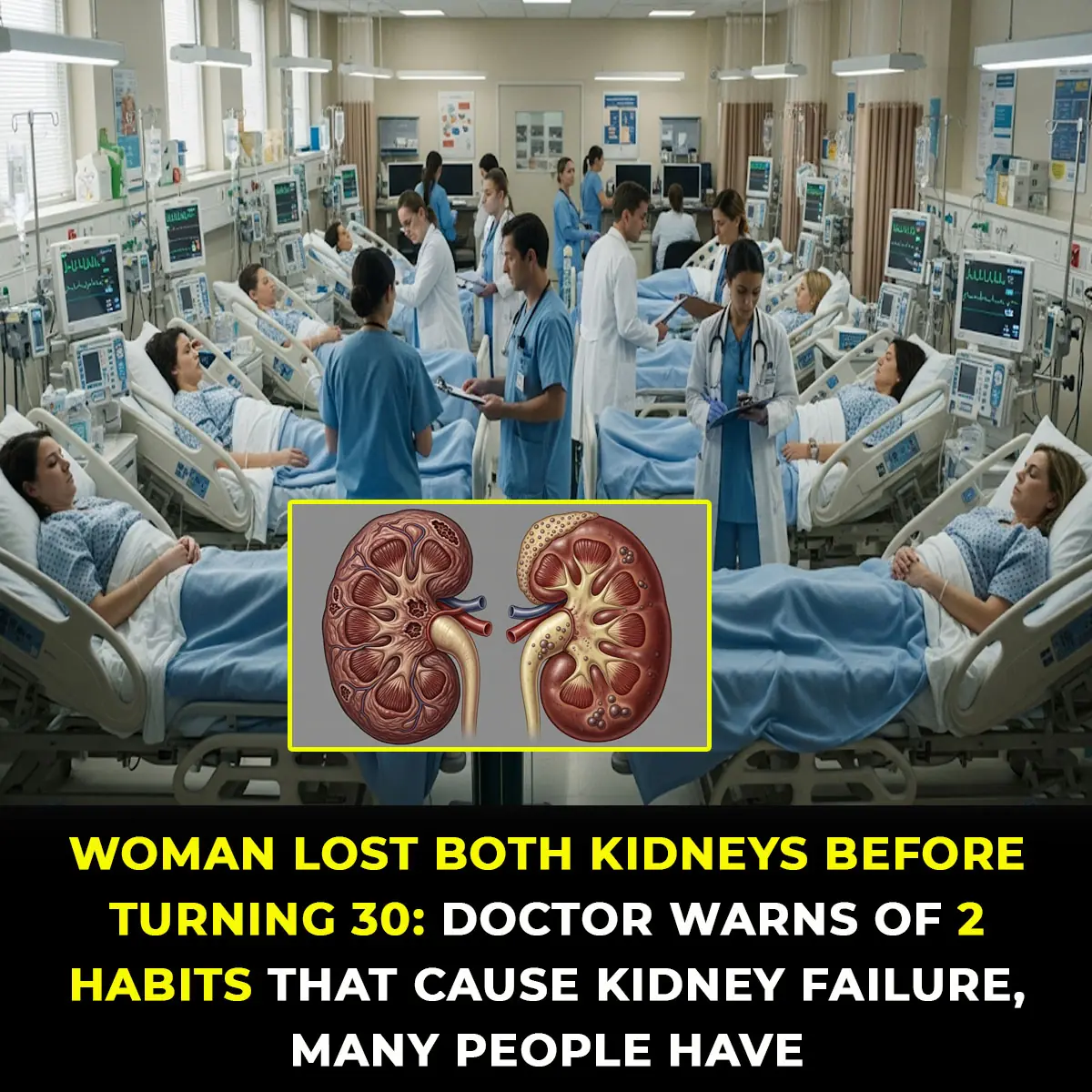
7 Thing That Happen To Your Body When You Stop Having Intimacy Moments
We often hear about how intimacy can be good for your body, mind, and soul. But have you ever stopped to ask: What actually happens when you go without it for a while? Whether it’s due to personal choice, stress, lifestyle changes, or a shift in priorities, many people experience dry spells—yet few realize the subtle (and not-so-subtle) effects this can have on both physical and emotional well-being. Here's a closer look at what science says happens when you take an extended break from intimate moments.

The Subtle Side Effects of No Intimacy: What You Might Not Notice at First
Intimacy, while often treated as a taboo topic, plays a crucial role in overall health. It’s more than just a physical act—it’s an emotional experience that promotes bonding, boosts mood, and supports the body’s natural healing systems. When this connection goes missing for a prolonged period, the body begins to respond in ways you might not expect.
1. A Decrease in Desire Over Time
Unlike hunger or thirst, s:exual desire doesn’t always build up the longer you abstain. In fact, it often fades. “The longer you go without, the more your body and mind adapt to life without it,” experts say. This is true for all genders. Over time, the desire for intimacy can diminish as it slips further from your routine. For those wanting to reignite that spark, solo pleasure or sensual self-care can help stimulate libido naturally.

2. Changes in v:aginal Health and Pelvic Strength
A common myth is that lack of intercourse makes the v:agina “tighter,” but that’s far from the truth. In reality, v:aginal walls can become drier, and pelvic floor muscles may weaken due to inactivity—a condition known as v:aginal atrophy. This can result in discomfort during future intimacy, as well as a reduced ability to climax. To combat this, health professionals recommend regular pelvic floor exercises or using specialized trainers to maintain muscle tone and flexibility.

3. Slower Lubrication Response
Even though the v:agina is a self-lubricating organ, a long break from intimacy may make it slower to respond when arousal does occur. This is a natural physiological reaction and not something to be alarmed about. The solution? Allow more time for arousal, use lubrication if needed, and focus on connection and comfort rather than pressure.

4. Touch Starvation: More Than Just a Feeling
Touch is a basic human need, and going without it for long stretches can have real emotional effects. This phenomenon, known as “touch starvation,” goes beyond romantic touch—hugs, cuddles, and physical closeness of any kind release oxytocin, the bonding hormone. Without it, people may feel lonelier, more anxious, and even experience a dip in immune strength. Prolonged absence of physical contact can lead to increased feelings of isolation and reduced emotional resilience.

5. Immune System May Take a Hit
Yes, your immune system can actually benefit from regular intimacy. Studies show that people who are s:exually active tend to get fewer colds and flus. This boost likely comes from the release of feel-good hormones like oxytocin and dopamine, which reduce stress and improve sleep—two factors strongly linked to a healthier immune response.

6. Greater Risk of Erectile Issues in Men
For men, regular intimacy helps maintain healthy blood flow and function. Without it, the risk of erectile difficulties may rise over time. One study found that men who were active once a week or more had about half the rate of dysfunction compared to those who weren’t. Beyond the physical, emotional satisfaction and stress reduction also play important roles in maintaining performance and confidence.

7. Emotional and Mental Shifts
A break from intimacy can affect more than just the body—it can shift how you see yourself. Some may notice changes in confidence, mood, and even how connected they feel to others. Intimacy can boost self-image, enhance trust, and deepen emotional bonds. Without it, some may begin to feel more distant, not only from others but from their own sense of identity and closeness.

Why Intimacy Is More Than Just Physical
Beyond pleasure, intimacy is linked to a wide range of physical and emotional benefits. Research has found that it can:
- Help you sleep more soundly
- Lower stress and anxiety levels
- Support cardiovascular health
- Improve immune response
- Boost confidence and positive body image
- Strengthen emotional bonds with a partner
- Reduce risk of prostate issues in men
- Provide natural mood elevation
That said, these benefits only come from experiences that are mutual, enthusiastic, and respectful. Clear communication, consent, and emotional safety are non-negotiable in any intimate encounter.

The Takeaway: Listen to Your Body and Mind
Taking a break from intimacy doesn’t mean something is wrong. In fact, it can be a time for growth, healing, and self-discovery. But it’s important to understand the potential effects of long-term abstinence and know that you can take steps to stay physically and emotionally healthy through other forms of touch, exercise, and mindfulness.
And if or when you decide to reintroduce intimacy into your life, go at your own pace. Whether you're flying solo or with a partner, it’s always about feeling safe, respected, and connected—to yourself, and possibly to someone else.
News in the same category


5 Deficiencies Almost Everyone Has (And Doesn’t Know About)

Scientifically Proven Health Benefits of Cayenne Pepper

P@rasite Found In Br@in Of 10-Year-Old Girl After Eating Undercooked Meat Leaves Experts Horrified

5 Common Foods That Turn Toxic If Left Overnight

The Hidden Meaning Behind Leg-crossing — It’s More Than Just Comfort

HealthWhy Kidney Failure Is Striking The Young—And How To Stop It

ScienceScientists Found The Hidden Factor Behind the Global Infertility Crisis, And It’s Terrifying

12 Remarkable Health Benefits of Ginger

17 Best Bedroom Plants for Clean Air & Low Light – NASA Study

Early Signs of Liver Damage & How to Strengthen Your Liver

'Healthy' man reveals only sign of bowel cancer he noticed in bathroom - and it wasn't bl00d in the loo
When 38-year-old Dave Paxton noticed his stool had turned darker than usual, he had no idea this small sign would lead to a devastating cancer diagnosis—one so rare that only 22 people in the world have ever had it.

Consciousness Is Not Confined to the Brain, But Is Connected To The Whole Universe, Scientists Say

After Surviving 800 Snake Bites, This Man’s Blood Could Be the Universal Antivenom the World’s Been Waiting For

10 Warning Signs It’s Time to Cut Back on Caffeine

“Cases Are Exploding”: Living Near a Golf Course May Raise Your Risk of Parkinson’s, Study Warns

You’ll never see mosquitoes again if you do this

What to Eat to Boost Energy After 60: Key Foods for Vitality and Well-being.
News Post

British Mom Who 'Died' For 17 Minutes After Workout Shares What She Witnessed

Dealing with 10 Common Bathroom Pests

How to Improve Blood Circulation Naturally (Research Based)

5 Deficiencies Almost Everyone Has (And Doesn’t Know About)

Scientifically Proven Health Benefits of Cayenne Pepper

Free download offered to PlayStation gamers as way to 'make amends'

Chaos following discovery of radioactive wasp nest at former US nuclear weapons site

Beyond the Badge: One Officer’s Journey to Becoming More Than a Uniform.

From Suspension to a Second Chance: How One Principal Changed a Life Forever.

The Hawk on the Porch: A Quiet Cry for Help.

I Filed for Divorce After Catching My Husband Cheating – Our Son's Words in Court Left Everyone Speechless

My Selfish Sister Stayed by Mom's Side When She Fell Ill, but Everything Changed after the Doctor Shared Mom's Last Words – Story of the Day

My SIL Gave Me Her Old Armoire and Made Me Pay for Moving It – Then She Came with an Outrageous Demand

The Meteor That Changed Two Lives: A Story of Unlikely Family

P@rasite Found In Br@in Of 10-Year-Old Girl After Eating Undercooked Meat Leaves Experts Horrified

Ancient Inscriptions Inside Great Pyramid Rewrite History Of Its Builders

5 Common Foods That Turn Toxic If Left Overnight

Nurse at palliative care reveals the top 5 regrets of people right before they di3d
